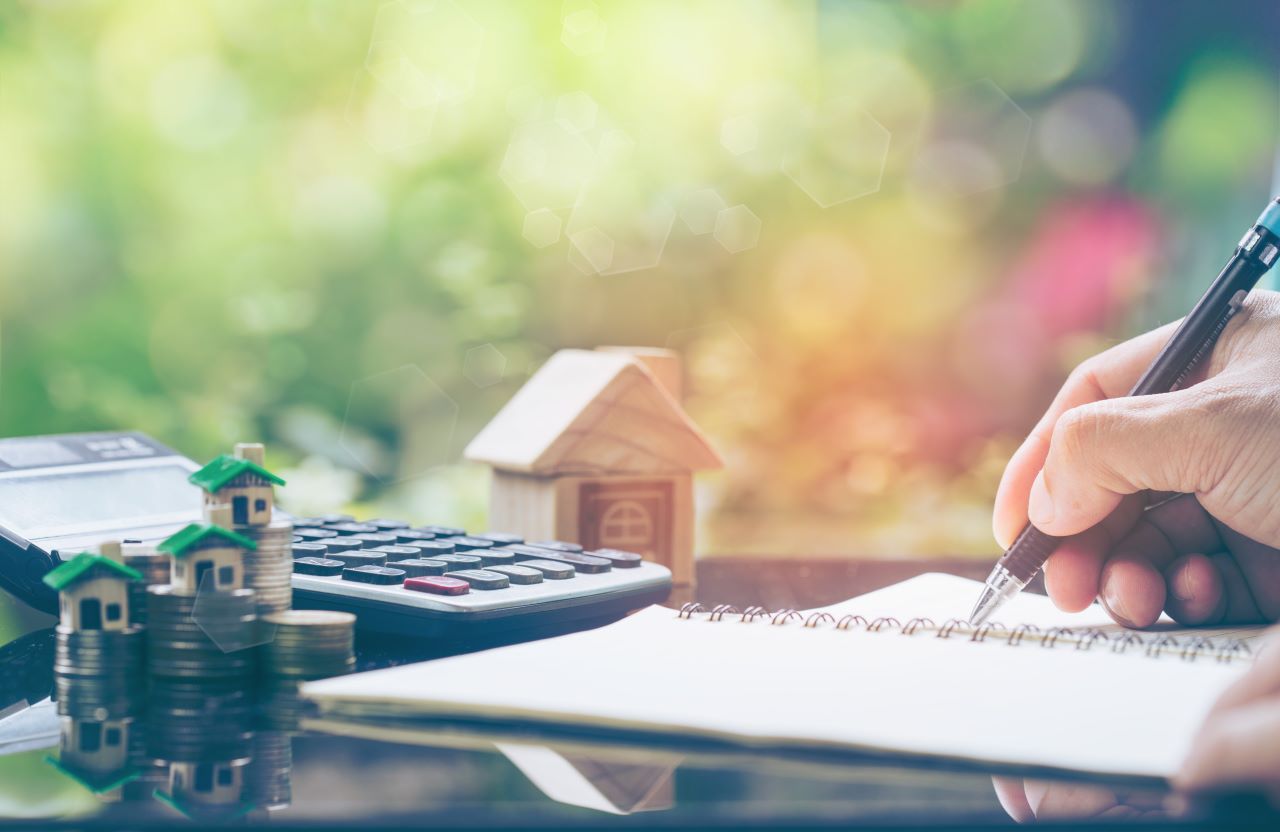If you’re charged with a drink driving offence, you need to take it seriously. Acting quickly to get advice from an expert traffic lawyer could mean the difference between receiving a fine, losing your licence or even a stint in jail.
Depending on your case, your lawyer may recommend using the two hour rule as part of your defence in court.
What is the two hour rule?
Under the law, the police can’t make you take a breath test (or have a blood sample taken) more than two hours after you last drove.
It’s widely accepted that your prescribed concentration of alcohol, or PCA, measured using a breath test can fluctuate; the results you get initially may be different to those returned in a test taken 30 minutes later. The two hour rule makes allowances for such variations in your PCA.
The reading you record within two hours of driving is accepted as being your reading when you were behind the wheel.
How the law is applied
The prosecution must prove (beyond a reasonable doubt), that the breath test or blood sample was taken within two hours of you driving. If you claim as part of your defence that it was taken more than two hours after, they must provide evidence to prove you wrong.
This defence puts the focus on the police procedures used when you were arrested and charged.
Using the two hour rule as a defence
This can be a useful defence if you’re involved in a car accident. By the time police are called to the scene of the accident and address safety, deal with any injuries and transport you to a police station for a breath test, more than two hours may have passed.
If more than two hours have passed and they take a test, they’ve obtained evidence outside the law.
Bear in mind, the prosecution may rely on other evidence to prove when you last drove – not just your version of events.
Smart use of this defence
Knowing when to use this defence can be tricky. Revealing it too early can disadvantage your defence, while delaying it too long can mean it’s too late. An experienced lawyer will know when and how to use this defence to your benefit.
Should I defend the charge?
Drink driving charges are rarely defended, usually because of the efficient detection, documentation and prosecution system, and the cost of a defence hearing. The focus is usually on minimising the consequences – not recording a conviction, reducing your fine, or minimising loss of licence time or jail term.
Pleading guilty may end up being the best strategy, but you should be aware of all your options including a potential defence before making that decision.
We can help
Look for an experienced traffic lawyer who can give you a straight answer on pleading guilty or options for defending the charge.
Our expert traffic law team understand all the strategies to you get the best outcome. Contact Conditsis Lawyers today.


